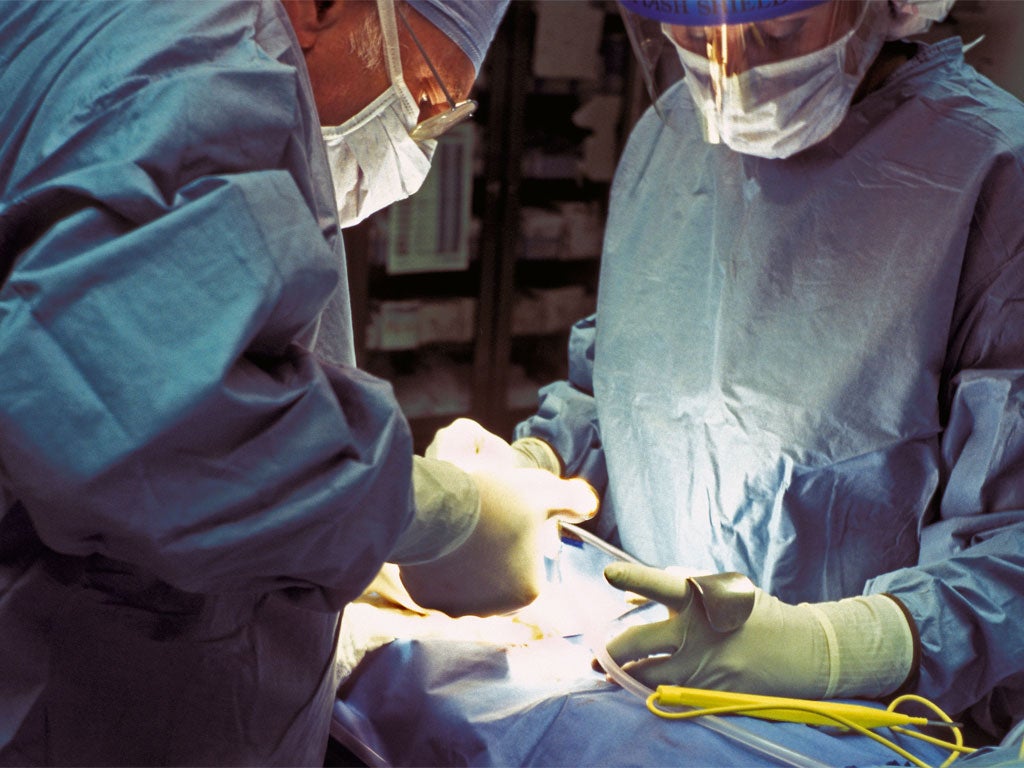Paying people to donate organs is not the way to solve this crisis
Switching to an opt-out system would be far healthier for society

On average, three people a day die throughout the UK while waiting for a donated organ. Not surprisingly, considerable efforts are put into finding ways of maximising the number of organs available. Substantial progress has been made over the last five years, through improvements to the infrastructure and increased funding and staffing. These efforts need to continue, but what more can be done?
In the last few days, media attention has focused on two options – a paper from Canadian researchers, proposing payment of up to $10,000 for living kidney donation, and a report showing public support for an opt-out system for deceased organ donation in Northern Ireland. The BMA has considered both of these options, and others, in its report Building on progress: where next for organ donation policy in the UK?
There are likely to be few takers for a ‘free market’ in organs but proposals are put forward every so often for a form of ‘regulated market’. One model is for a single authorised purchaser, such as the NHS, which controls payments, authorises donations and allocates organs on the basis of clinical need. Ethically, we believe that any organ donation should be a gift, freely and voluntarily given and that any shift away from altruism in organ donation would be detrimental both to the organ donation programme and, more generally, to UK society.
Our major concern is that those who contemplate selling their organs for money are likely to be in a vulnerable position and may put themselves at risk by dismissing any concerns they have in order to gain the money they desperately need. This raises serious issues of exploitation and questions about the validity of any consent provided.
The introduction of an opt-out system, with safeguards, would be our preferred option, where people would have exactly the same choice as under the current structure but the default position would assume that they want to help others after their death. We believe that, combined with developments to the infrastructure, this will increase the number of deceased donors, but more than that, it will lead to a change in thinking, where organ donation after death will become the societal norm.
If someone chooses not to donate, the opt-out system also provides added protection for them as there is a formal mechanism for recording objections and ensuring that those wishes are followed. Such a system will only work if it has public support but surveys of public opinion have indicated growing enthusiasm for such a change.
Wales has recently passed legislation and will move to an opt-out system in December 2015. In Northern Ireland, a consultation on a similar change has received support from 82.4 per cent of respondents and the UK Government has announced that it will review the Human Tissue Act 2004, the legislation that covers organ donation. This is a fantastic opportunity for the Government to review its position on opt-out in England and to facilitate a proper informed public debate. We very much hope they will take it.

Join our commenting forum
Join thought-provoking conversations, follow other Independent readers and see their replies